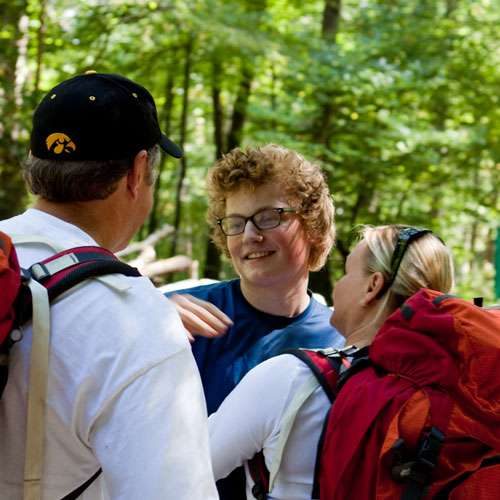 Video games are now ingrained into our society, used by children, teens, and adults alike. Video games can be a fun, interesting way to pass the time, but where’s the line? This activity can transform from being a harmless pastime into something much more dangerous: a video game addiction.
Video games are now ingrained into our society, used by children, teens, and adults alike. Video games can be a fun, interesting way to pass the time, but where’s the line? This activity can transform from being a harmless pastime into something much more dangerous: a video game addiction.
Is a video game addiction really serious?
There have been multiple cases across the world that exemplify the worst that can come out of a video game addiction. In one case, a young man, only 21 years old, was addicted to the point of not sleeping or eating, eventually leading to his death. Cases like these are rare, but they can happen to your teen if their video game addiction is left ignored.
According to DSM5, playing video games compulsively is now a recognized disorder because of the emergence of video game addictions in modern society. In a national study by Iowa State University, 8 percent of youth, ages 8 to 18, exhibited pathological patterns of video game play. This suggests that video game addiction can be a real issue for many adolescents in the US.
What are the risks for developing a video game addiction?
Parts of the brain associated with reward activate when you earn points or get to the next level in a video game which releases the “happy” chemical dopamine, this is what makes video games fun to play. But for some teens, current conditions and disorders make tapping into that reward system a risk to developing a video game addiction.
A few reasons your teenager may be more susceptible to becoming addicted to video games include:
- Depression/anxiety: Often teens with depression and/or anxiety seek to escape their current situations, video games give them that outlet. This can become addictive, though, and even increase their depression and anxiety.
- Low Self-Esteem: Teens with low self-esteems sometimes play video games to make their character in a game who they want to be in real life, or they feel that they can accomplish more in the virtual world than they can in real life.
- Big changes in life: For example, moving from a place you’ve been your whole life to a completely new area can make adolescents uncomfortable and unsure of themselves. Video games often offer a place that’s stable and that they can control, making it more appealing compared to the real world.
How to get help
“At the simplest level, healthy enthusiasms add to life and addictions take away from it.” –Mark Griffiths, Psychologist
Many treatments exist in order to help teenagers deal with various addictions, including video game addiction. These treatments are not all made equally, though. Finding the program that fits for your child is pertinent to them developing full and healthy lives.
Trails Carolina could be the perfect program for your struggling teen. Trails Carolina uses comprehensive and research-based therapies in order to provide the best treatment and results possible. Through wilderness therapy, family therapy, and individual therapy, your child can be led back onto a positive path that will benefit them in the future.
For more information on how to help your teen with video game addiction, contact Trails Carolina at 800-975-7303.
Get started today
Contact us today to learn how Trails Carolina can help your family
Trails saved my daughter’s life. Amanda is an amazing human and a brilliant therapist. I am so grateful to her, Science Steve, and the other wonderful people who could reach my daughter at a time when I could not.
Margot Lowman August 2022
Great life changing experience for our son. After becoming addicted to gaming during covid he was very depressed. At Trails he experienced the wilderness, Science Steve, learning survival skills and top notch therapy and support etc… I highly recommend! This gave our son and our family a renewed family bond full of love and excitement about his bright future.
Winnifred Wilson July 2022
Outstanding clinical work and superb staff! There’s a great culture at this company and it shows with how they engage with families/clients.
Kristin Brace June 2022
Discover If Trails Is The Right Program For Your Child
Take our short online assessment and help us better understand how we can help your family.




